Home>Articles>7 Air-Conditioner Mistakes That Waste Energy And Money
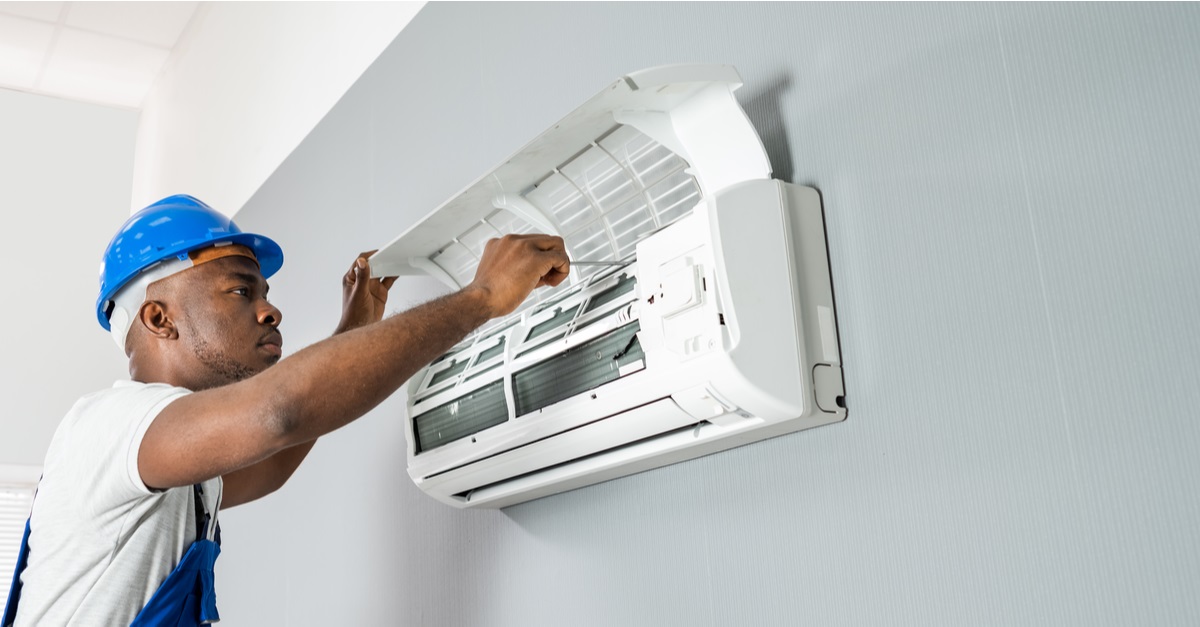

Articles
7 Air-Conditioner Mistakes That Waste Energy And Money
Modified: January 19, 2024
Avoid common air-conditioner mistakes that waste energy and money with these helpful articles. Learn how to save on your cooling costs and improve efficiency.
(Many of the links in this article redirect to a specific reviewed product. Your purchase of these products through affiliate links helps to generate commission for Storables.com, at no extra cost. Learn more)
Introduction
Welcome to the world of air conditioning! With the scorching heat of summer just around the corner, many of us rely heavily on air conditioners to keep our homes cool and comfortable. However, it’s important to remember that using this cooling technology efficiently is crucial not only for reducing energy consumption, but also for saving money on utility bills.
In this article, we will explore seven common air conditioner mistakes that waste energy and money. By becoming aware of these pitfalls and implementing simple solutions, you can optimize your air conditioning usage and enjoy a more efficient and cost-effective cooling experience.
So, let’s dive into these mistakes and learn how to avoid them to optimize energy efficiency and save some bucks!
Key Takeaways:
- Don’t let your air conditioner run all day! Use a programmable thermostat and natural ventilation to save energy and money while keeping your home cool and comfortable.
- Regular maintenance, proper insulation, and utilizing energy-saving features are essential for optimizing energy efficiency and reducing utility bills with your air conditioning system.
Mistake 1: Keeping the Air Conditioner Running All Day
One of the most common mistakes people make with their air conditioners is leaving them running continuously throughout the day, even when no one is home. While it may seem convenient to keep the air conditioner running, this habit can lead to unnecessary energy consumption and significantly impact your utility bills.
When you keep your air conditioner on all day, you are essentially cooling an empty home, wasting energy in the process. It’s important to remember that air conditioning units do not need to run constantly to keep your space cool. They are designed to maintain a specific temperature, and once that temperature is reached, the unit should automatically cycle off until it needs to cool again.
To avoid this mistake, consider using a programmable thermostat. This allows you to set specific temperature preferences and schedule your air conditioner to turn on and off at specific times. By programming your air conditioner to run only when you are home or when temperatures are at their peak, you can save energy and money without sacrificing comfort.
Additionally, take advantage of natural ventilation during cooler times of the day. Open windows and use fans to circulate fresh air, which can help reduce reliance on your air conditioner during mild weather.
Avoiding the mistake of keeping your air conditioner running all day is a simple yet effective way to optimize energy efficiency and save money on your utility bills.
Mistake 2: Setting the Thermostat Too Low
When the summer heat becomes unbearable, it’s tempting to crank down the thermostat to its lowest setting in hopes of quickly cooling your home. However, setting the thermostat too low is a common mistake that can waste energy and result in unnecessarily high energy bills.
Many people misunderstand the purpose of the thermostat. It is not a speed dial for colder air but rather a device that controls the temperature by signaling the air conditioner to turn on or off. Setting the thermostat at an extremely low temperature doesn’t make the air conditioner work faster; it simply makes it work longer to reach that temperature.
An ideal temperature for energy efficiency and comfort is typically around 78°F (25°C). This temperature allows you to stay cool without putting additional strain on your air conditioner. Each degree you raise the thermostat can result in significant energy savings.
To avoid this mistake, try gradually increasing the temperature on your thermostat until you find a comfortable balance. You may be surprised at how slight adjustments can make a big difference in energy usage and cost savings. Additionally, using ceiling fans or portable fans can supplement the cooling effect and allow you to raise the thermostat a few degrees without sacrificing comfort.
Remember, a lower thermostat setting doesn’t equate to faster cooling. Finding the optimal temperature setting is key to maximizing energy efficiency and maintaining a comfortable living space while keeping your energy bills in check.
Mistake 3: Neglecting Regular Maintenance
Regular maintenance is essential for the optimal performance and longevity of your air conditioning system. Unfortunately, it is a mistake that many homeowners make, often overlooking the importance of routine maintenance.
Over time, dust, dirt, and debris can accumulate in the air filters and coils of your air conditioner. This buildup restricts airflow and forces the system to work harder to cool your space, resulting in decreased efficiency and potential breakdowns. Neglecting regular maintenance can lead to increased energy consumption, reduced cooling capacity, and costly repairs.
To avoid this mistake, make sure to clean or replace the air filters regularly. Clogged filters not only impede airflow but also affect the air quality in your home. Dirty filters can circulate allergens, dust, and pollutants, which can have a negative impact on your health. Check your manufacturer’s recommendations for how often you should clean or replace the filters.
In addition to the filters, it’s important to schedule annual or bi-annual professional maintenance for your air conditioning system. A qualified technician can inspect and clean the internal components, check refrigerant levels, lubricate moving parts, and identify any potential issues before they become major problems. This proactive approach can help prevent breakdowns, ensure optimal performance, and extend the lifespan of your air conditioner.
By committing to regular maintenance, you can improve energy efficiency, reduce the risk of malfunctions, and save money on costly repairs. It’s a small investment that pays off in the long run.
Mistake 4: Blocking the Air Vents
Blocking the air vents is a mistake that can significantly reduce the efficiency of your air conditioning system and result in wasted energy. Many homeowners inadvertently obstruct the airflow by placing furniture, curtains, or other objects in front of the vents. This impedes the proper circulation of cool air throughout your space and forces the air conditioner to work harder to maintain the desired temperature.
When the airflow is obstructed, the air conditioner has to compensate by running longer cycles to cool the room. This not only wastes energy but also puts unnecessary strain on the system, potentially leading to increased wear and tear and a shorter lifespan.
To avoid this mistake, ensure that all air vents are free from any obstructions. Check each room of your home and make sure that furniture, curtains, rugs, or any other objects are not blocking the vents. This allows the cool air to flow freely and helps your air conditioning system operate efficiently.
If you notice that certain vents are consistently underperforming, it could indicate an issue with the ductwork. Leaks or blockages in the ducts can restrict airflow and reduce the effectiveness of your air conditioning system. In such cases, it is advisable to consult a professional HVAC technician who can inspect and address any ductwork issues.
By ensuring that the air vents are unobstructed, you can optimize the airflow, improve energy efficiency, and maximize the cooling capabilities of your air conditioning system.
Clean or replace your air conditioner filters regularly to ensure efficient airflow and reduce energy consumption.
Read more: What Does E7 Mean On An Air Conditioner
Mistake 5: Using the Wrong Size Air Conditioner
Choosing the right size air conditioner for your space is essential for optimal cooling and energy efficiency. Unfortunately, using the wrong size air conditioner is a common mistake that can lead to discomfort and wasted energy.
If your air conditioner is too small for the area you want to cool, it will struggle to reach the desired temperature, resulting in longer run times and increased energy consumption. On the other hand, an oversized air conditioner will cool the room too quickly, leading to frequent on-off cycles known as short cycling. This not only wastes energy but also puts unnecessary stress on the system, leading to more frequent repairs and a shorter lifespan.
To avoid this mistake, it’s crucial to determine the appropriate size air conditioner for your space. Factors such as the size of the room, insulation levels, and local climate all play a role in determining the cooling capacity required. Consulting with a qualified HVAC professional can help you determine the appropriate size and capacity of the air conditioner suitable for your specific needs.
Remember, a correctly sized air conditioner will consistently and efficiently cool your space while minimizing energy consumption. It will maintain a comfortable indoor environment without taking a toll on your wallet.
Mistake 6: Ignoring Energy-Saving Features
Modern air conditioners come equipped with a variety of energy-saving features designed to improve efficiency and reduce energy consumption. However, many homeowners make the mistake of ignoring or underutilizing these features, missing out on potential energy and cost savings.
One common energy-saving feature is the programmable thermostat, which allows you to set different temperature preferences throughout the day. By properly programming your thermostat, you can avoid running the air conditioner unnecessarily when you’re not at home or during times when the outside temperatures are cooler. This simple adjustment can lead to significant energy savings over time.
Another energy-saving feature to look out for is the “energy-saving mode” or “eco mode.” This feature adjusts the temperature and fan settings to optimize energy efficiency. In this mode, the air conditioner operates at a slightly higher temperature and adjusts the fan speed to minimize energy consumption while still maintaining a comfortable environment.
Some air conditioners also have a “sleep mode” feature that gradually adjusts the temperature overnight as you sleep. This prevents the air conditioner from running at full capacity when you may not need it, resulting in energy savings without sacrificing comfort.
Ignoring these energy-saving features is a missed opportunity to improve the efficiency of your air conditioner. Take the time to explore the settings and features of your unit, and make use of them to maximize energy savings and reduce your carbon footprint.
Mistake 7: Not Utilizing Proper Insulation
When it comes to keeping your home cool and energy-efficient, proper insulation plays a crucial role. Unfortunately, many homeowners make the mistake of overlooking insulation or not using it effectively, resulting in unwanted heat exchange and wasted energy.
Insulation acts as a barrier, preventing the transfer of heat between your home and the outside environment. Without adequate insulation, cool air from your air conditioner can easily escape, while heat from the outside seeps into your living spaces. This forces your air conditioner to work harder to maintain the desired temperature, leading to increased energy consumption and higher utility bills.
To avoid this mistake, ensure that your home is properly insulated. Start by checking the insulation levels in your attic, walls, and windows. Insulating materials such as fiberglass, cellulose, or foam can be used to improve the thermal performance of your home and reduce energy wastage.
In addition to installing insulation, it’s important to seal any air leaks in your home. Small gaps around windows, doors, and electrical outlets can allow cold air to escape and hot air to enter. Use weatherstripping or caulk to seal these gaps and prevent air leakage, enhancing the efficiency of your air conditioning system.
Proper insulation not only helps to keep your home cooler in summer but also provides year-round benefits, improving energy efficiency and reducing heating costs during colder months.
By taking the time to evaluate and upgrade your home’s insulation, you can enhance the effectiveness of your air conditioning system and create a more comfortable and energy-efficient living environment.
Conclusion
Air conditioning is a lifesaver during hot summer months, but it’s important to use it wisely to avoid wasting energy and money. By being aware of common mistakes and implementing simple solutions, you can optimize your air conditioning usage and enjoy a more efficient and cost-effective cooling experience.
Remember to avoid the mistake of keeping the air conditioner running all day. Use a programmable thermostat to schedule cooling times and conserve energy when no one is home. Setting the thermostat to an optimal temperature, rather than cranking it down, can also help reduce energy consumption.
Regular maintenance is crucial to keep your air conditioning system running smoothly. Clean or replace the filters regularly and schedule professional maintenance to ensure optimal performance and efficiency.
Don’t forget to check your air vents and ensure they are not obstructed. Proper airflow is essential for efficient cooling and air circulation.
Choosing the right size air conditioner and utilizing energy-saving features can make a significant difference in energy consumption. Make use of programmable options and take advantage of features such as energy-saving mode and sleep mode to maximize efficiency.
Last but not least, proper insulation is key to preventing heat exchange and improving energy efficiency. Ensure your home is adequately insulated and sealed to keep cool air in and hot air out.
By avoiding these seven common air conditioner mistakes and implementing the recommended solutions, you can enjoy a comfortable indoor environment, save on energy costs, and contribute to a greener planet.
So, go ahead and make the necessary changes to optimize your air conditioning usage. Your wallet and the environment will thank you! Stay cool!
Frequently Asked Questions about 7 Air-Conditioner Mistakes That Waste Energy And Money
Was this page helpful?
At Storables.com, we guarantee accurate and reliable information. Our content, validated by Expert Board Contributors, is crafted following stringent Editorial Policies. We're committed to providing you with well-researched, expert-backed insights for all your informational needs.
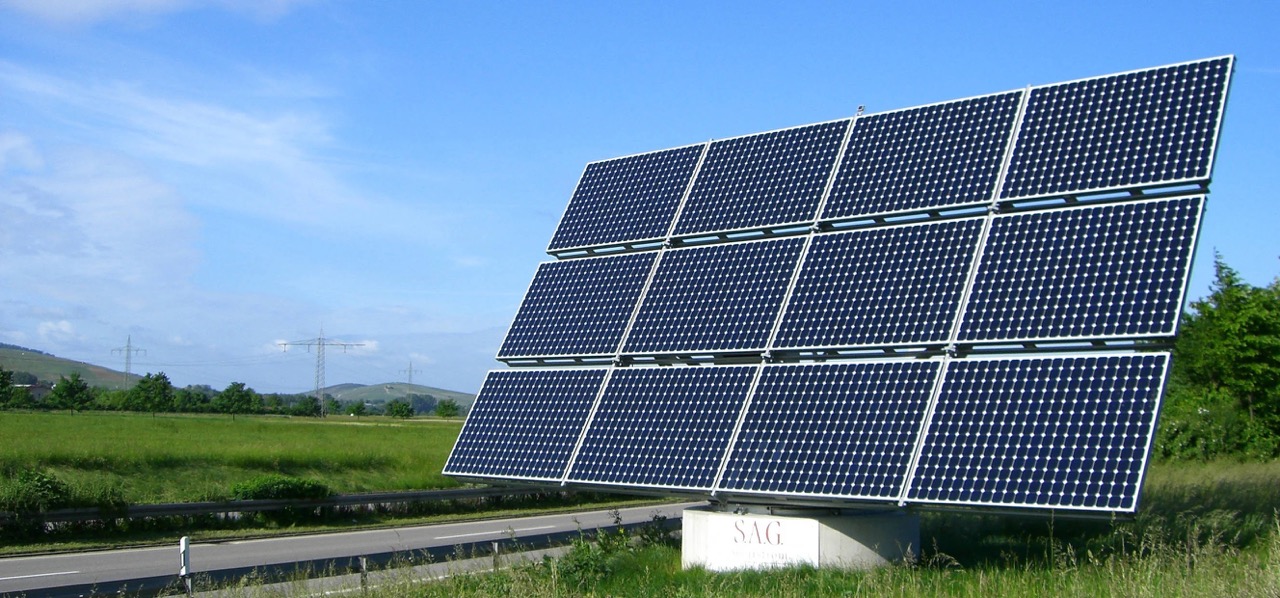


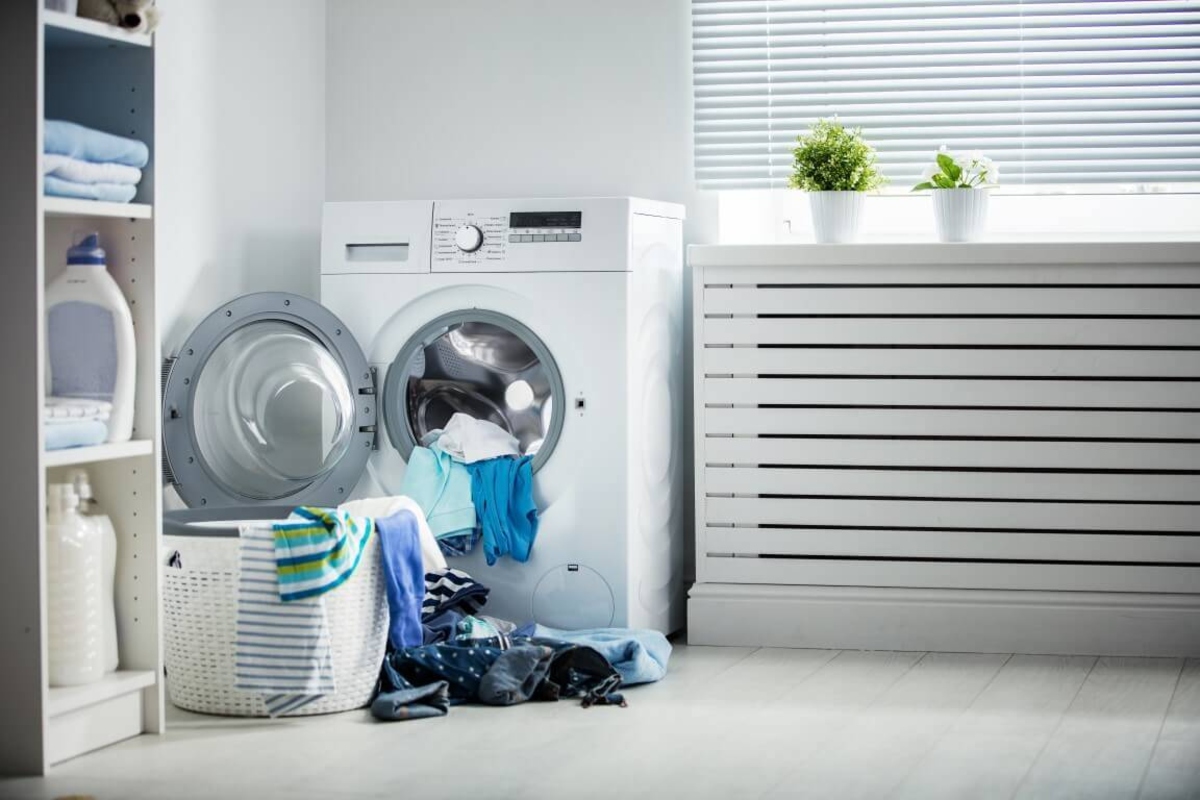
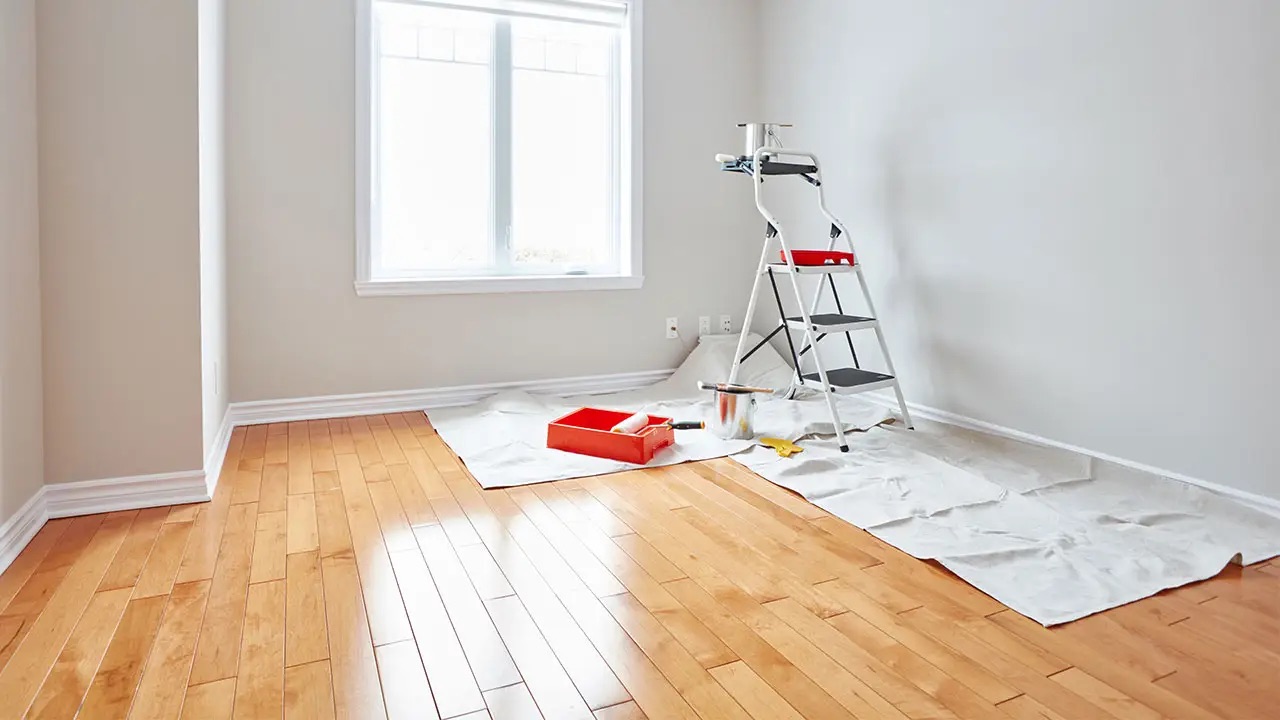
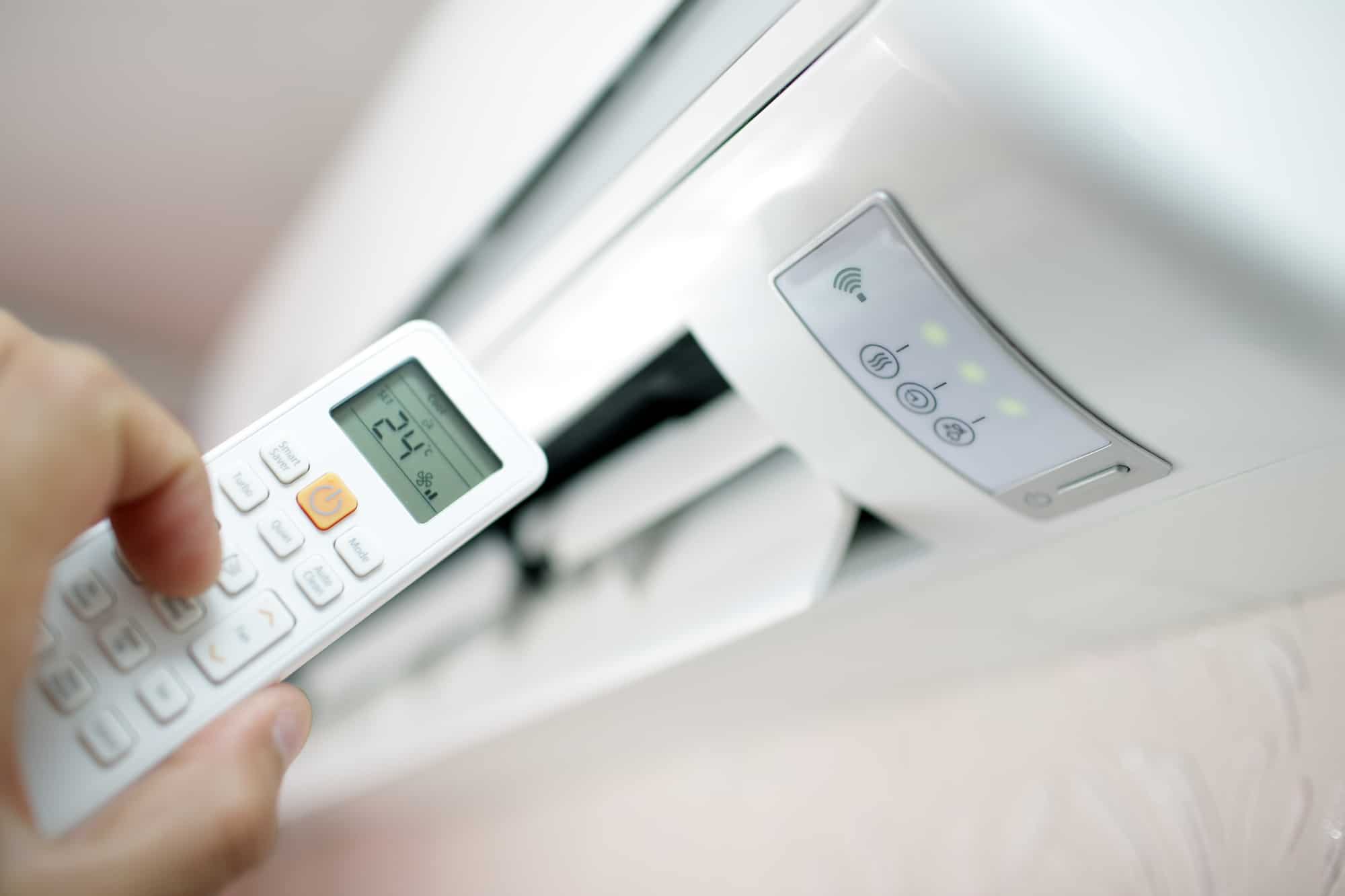




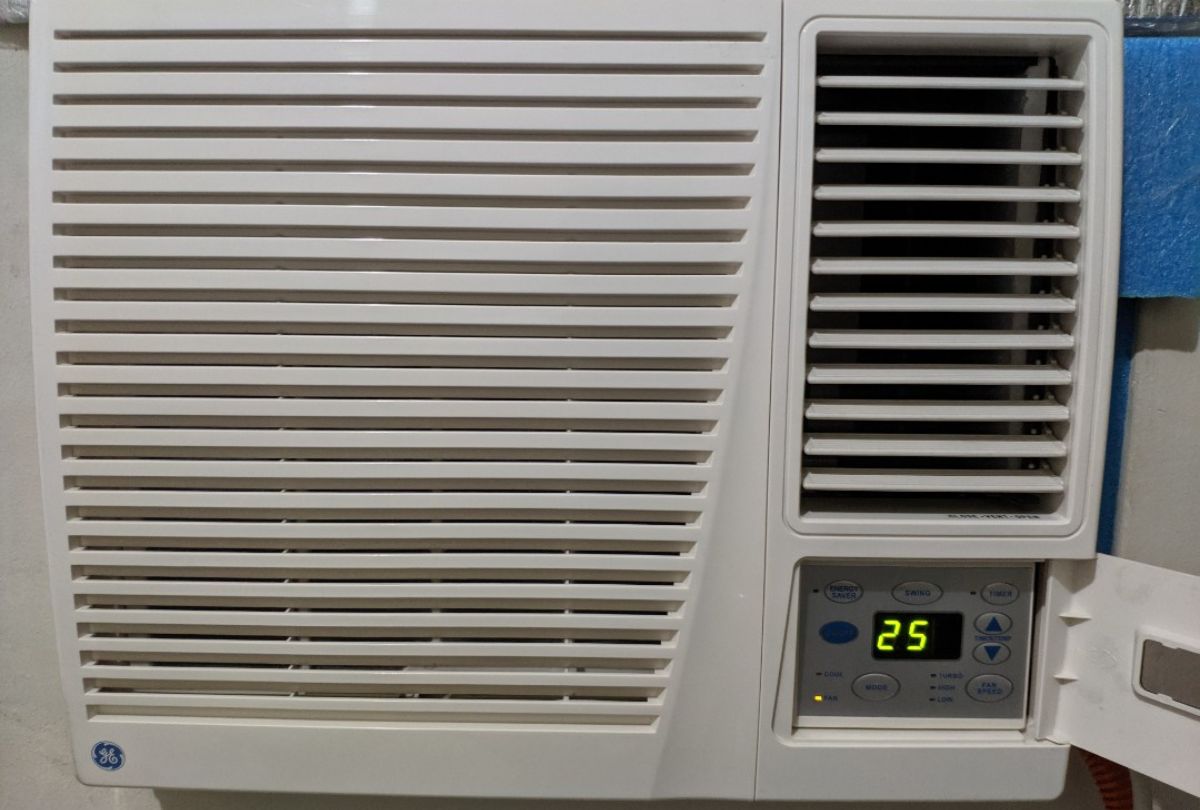
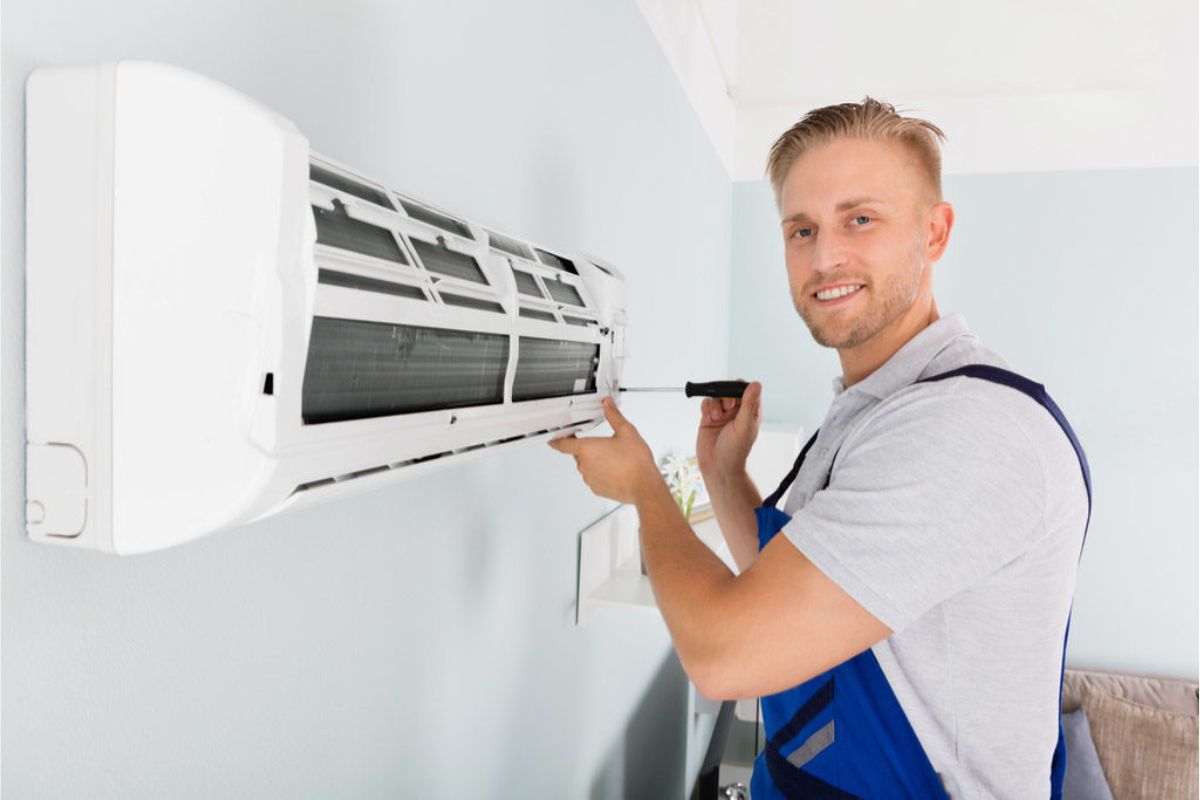
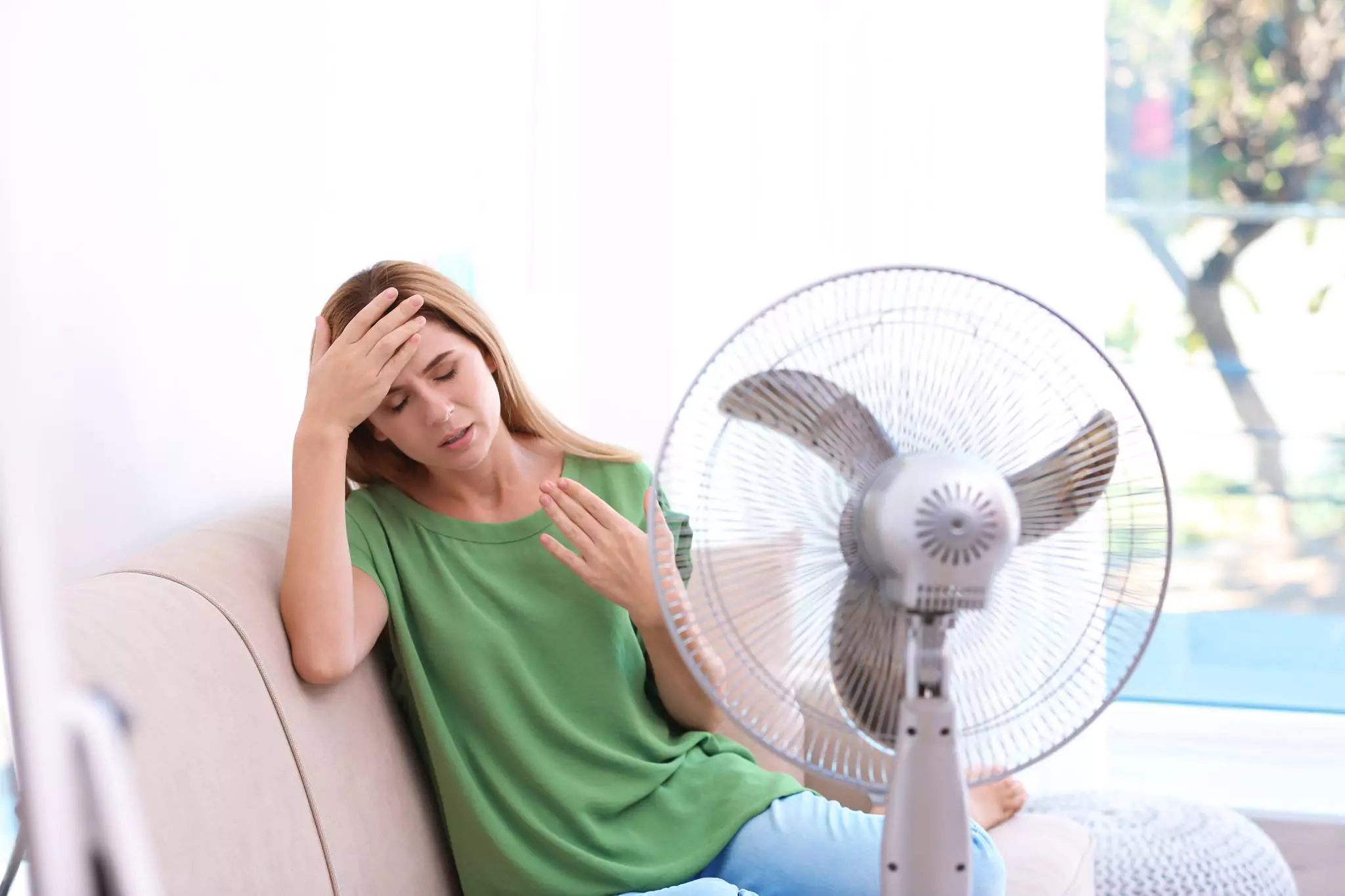


0 thoughts on “7 Air-Conditioner Mistakes That Waste Energy And Money”